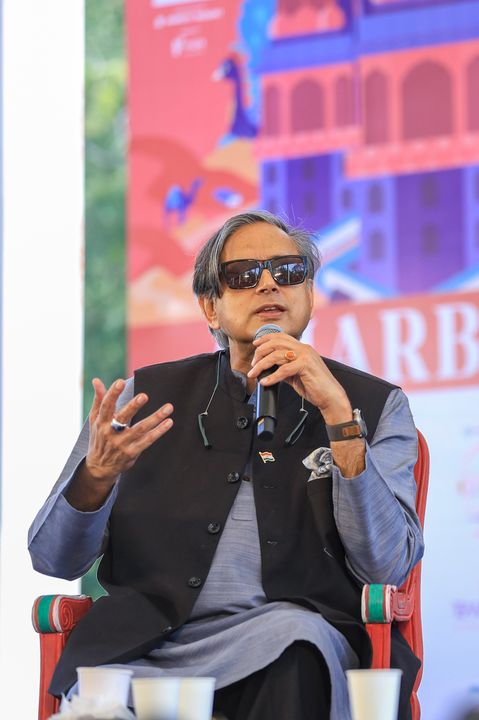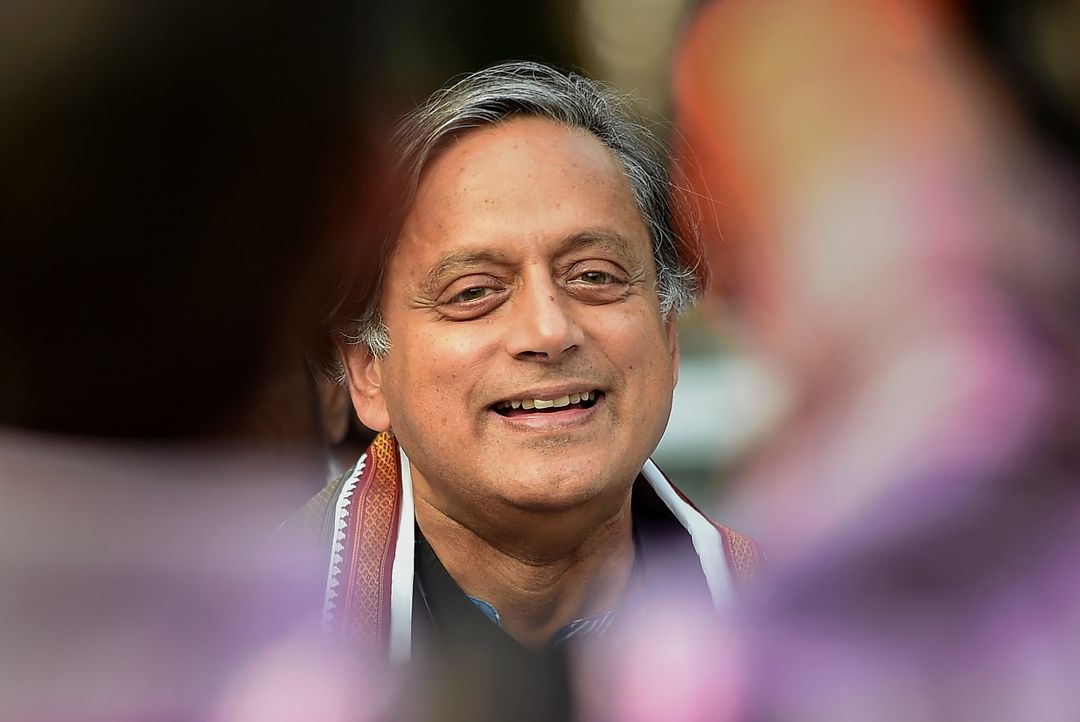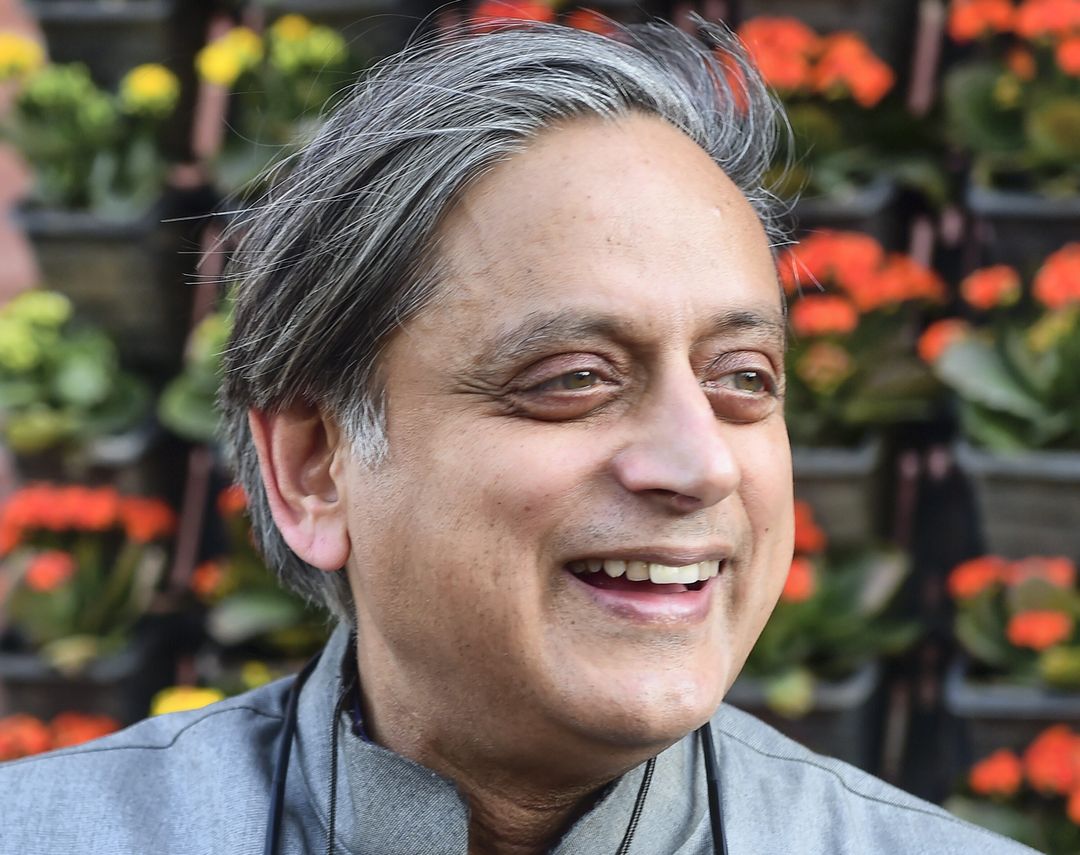"What worries me about media freedom, freedom of the press, and freedom of expression is that, unfortunately, the last decade has been an object lesson in how easy it is, if not to suppress entirely, then certainly to stifle, restrict, and manage the media. That cannot be good for any democracy," Tharoor said during a session with journalist-author Vir Sanghvi.
Comparing UPA and BJP Eras: Tharoor’s Sharp Critique
Reflecting on the Congress-led UPA II government (2011-2014), Tharoor highlighted how relentless negative media coverage weakened the ruling party. However, he pointed out that during that period, the government never retaliatedagainst the press using enforcement agencies.He further argued that the Congress leadership had considered press freedom as a fundamental aspect of democracy."It never occurred to anybody in the UPA government, least of all to a decent human being like Dr. Manmohan Singh, that the answer to this was to unleash the ED or start sending income tax officers to the offices of media owners who were critical," Tharoor stated.
In contrast, Tharoor alleged that not a single leader in the BJP government has resigned in the last decade despite serious allegations and damning evidence presented by the opposition, including in Parliament.
"We saw media coverage as a reflection of public perception that needed to be addressed. That’s how democracy should function. But has anyone resigned in the last 10-11 years in this government? No. Even when undeniable evidence has surfaced, the BJP has known how to silence the media," he remarked.
“Media Can Be Controlled in Hours,” Says Tharoor
The Congress leader accused the BJP of managing news cycles and muting dissenting voices within hours. He criticized the mainstream media’s role, stating that instead of serving as the “fourth pillar of democracy,” it had proven susceptible to pressure, persuasion, and intimidation."The mainstream media should be the mirror of society, the voice of the people. Instead, it has shown how quickly it can be suborned, cajoled, browbeaten, and silenced," Tharoor said.
Tharoor on Personal Media Attacks After Wife’s Death
Shashi Tharoor also spoke about his personal ordeal with the media following the tragic demise of his wife, Sunanda Pushkar, in January 2014. He accused news outlets of sensationalizing his grief instead of displaying empathy.Recalling a conversation with a senior journalist about the media frenzy surrounding him, Tharoor revealed he was told:"Instead of mourning with me, sharing my grief, or simply leaving me alone, some chose to exploit the tragedy, invent falsehoods, and circulate baseless allegations against me. There seemed to be no ethical yardstick to this coverage," he lamented.
"You are extremely good for our TRPs, and somehow, the TRPs are even better when we attack you."
Jaipur Literature Festival: A Star-Studded Event
The Jaipur Literature Festival 2024 features a stellar lineup of over 300 renowned personalities, including Nobel laureates, Booker Prize winners, journalists, policymakers, and celebrated authors.Notable speakers include Abhijit Banerjee, Esther Duflo, Amol Palekar, Ira Mukhoty, Geetanjali Shree, David Hare, Manav Kaul, Javed Akhtar, Rahul Bose, Yuvan Aves, Shahu Patole, and Kallol Bhattacharjee.
As discussions continue on democracy, media freedom, and governance, Tharoor’s statements have once again sparked debate over press autonomy in India.


